Service hotline
+86 0755-23615795
Release date:2025-07-29Author source:KinghelmViews:174
When your procurement or engineering team selects a FPC connector manufacturer, the stakes are high. A carefully chosen supplier ensures product reliability, production consistency, and ultimately, market success. This guide explores essential criteria and must-ask questions to help teams in consumer electronics make informed choices when sourcing FPC connector solutions.
Every component counts in modern consumer electronics. Selecting a high-quality FPC connector supplier impacts product lifespan, safety, and user satisfaction. Procurement teams must look beyond pricing to evaluate capabilities, certifications, and production standards. Engineering departments must assess compatibility and customization options to support innovative designs.
Start by asking if the manufacturer holds recognized certifications like ISO 9001 or IATF 16949. These reflect robust quality management practices essential for consistent FPC connector production. Teams should also request recent audit reports to ensure adherence to these standards over time. Reliable manufacturers proactively share these documents to build trust.
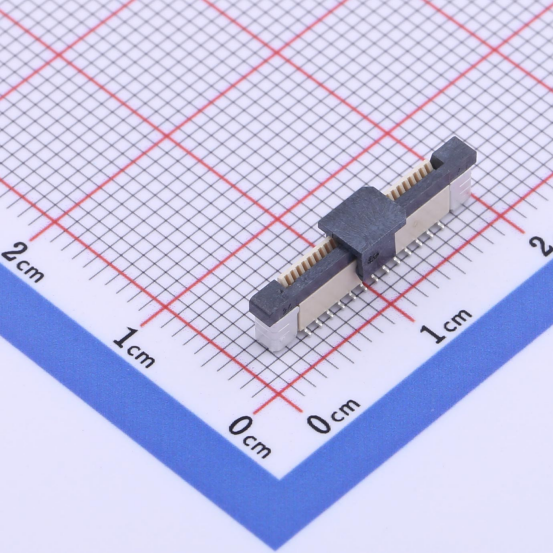
Understanding a manufacturer's production volume and technology investment helps avoid future capacity constraints. Questions to ask include:
These answers reveal if the manufacturer aligns with your company’s long-term growth and evolving design requirements.
Inquire about in-house testing protocols. Comprehensive testing—such as contact resistance, insertion force, and thermal shock—is critical for FPC connector reliability. Reliable manufacturers often share test data or offer product samples for evaluation. For complex projects, consider on-site audits to verify facilities and processes first-hand.
Engineering teams should analyze provided samples to validate mechanical fit and electrical performance. Pay attention to:
This step reduces the risk of field failures, which could lead to costly recalls or damage to brand reputation.
In rapidly evolving consumer electronics, the ability to customize a FPC connector is a competitive advantage. Ask if the manufacturer offers design support, simulation, and prototyping services. Engineering teams often require iterative design assistance to optimize space and improve signal integrity. Manufacturers committed to long-term partnerships invest in these services to meet client needs.
Fast, clear communication shortens product development timelines. Evaluate response time to technical inquiries, prototype delivery, and support for last-minute design adjustments. A manufacturer that responds quickly demonstrates dedication to your success.
Transparency minimizes risks like counterfeit components or supply disruptions. Ask questions such as:
Such practices provide stability and reduce unexpected delays in manufacturing schedules.
Consumer electronics often ship worldwide, so ensure products comply with RoHS, REACH, and other relevant directives. Certified compliance shows commitment to environmental responsibility and legal market entry. Failure to comply could prevent your products from being sold in key markets.
Request references from similar consumer electronics companies. Also, check for industry awards or recognition that indicate reliability. Reading case studies or testimonials helps reveal real-world performance and collaboration experience.
Price alone is rarely the best indicator of value. Evaluate total cost, including:
Transparent pricing builds trust and helps procurement teams forecast expenses accurately.
On-site visits reveal operational efficiency, worker training, and equipment investment. Observing production lines helps verify whether the stated capabilities match reality. It also strengthens long-term collaboration by building personal relationships with key staff.
In consumer electronics, trends like miniaturization and high-speed data transmission are constant. Ask about R&D investment, patent ownership, or participation in industry consortia. Manufacturers who innovate continuously are better partners for your product roadmap.
Choosing an FPC connector manufacturer is more than comparing datasheets. Procurement and engineering teams must consider certifications, customization support, testing rigor, and supply chai
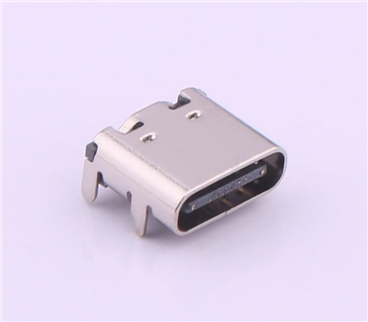
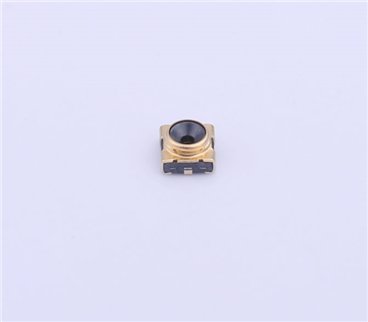
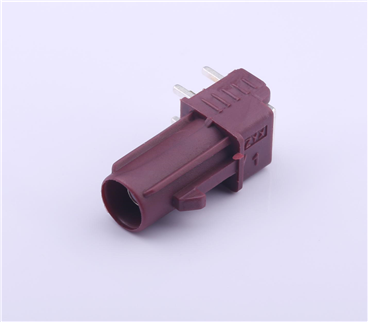
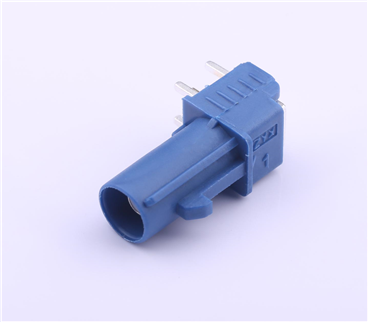
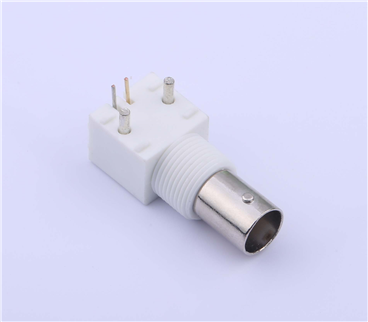
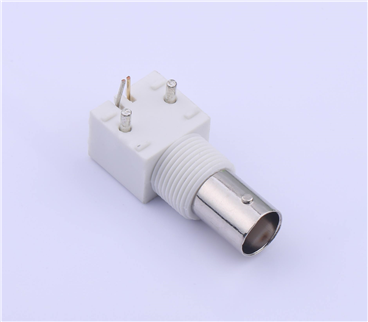
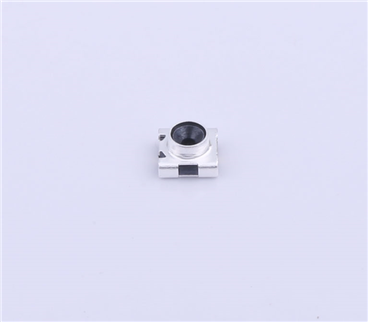
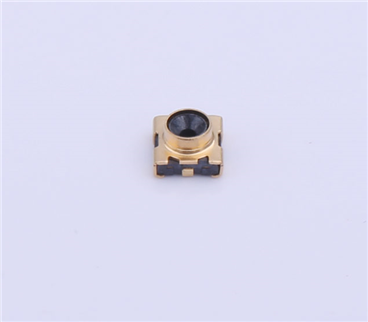
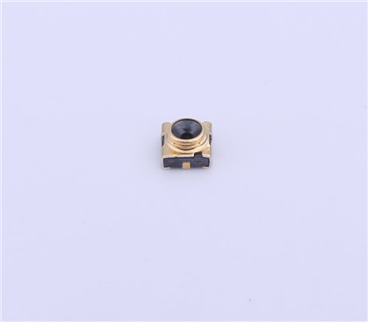
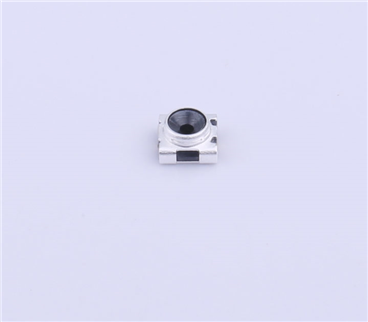
Copyright © Shenzhen Kinghelm Electronics Co., Ltd. all rights reservedYue ICP Bei No. 17113853